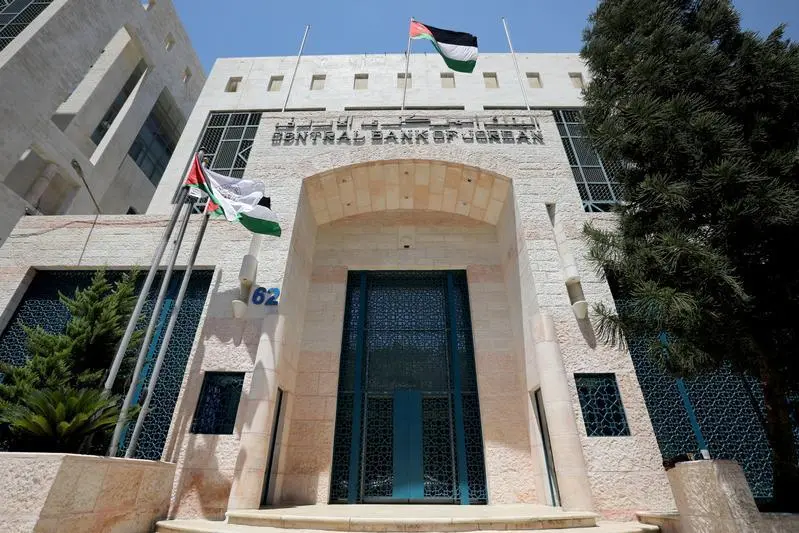PHOTO
AMMAN — The Central Bank of Jordan (CBJ) on Thursday decided to increase the interest rate of its various monetary policy instruments by 25 basis points, effective this Sunday.
The CBJ’s open market operations committee discussed the performances of the national economy, in addition to the latest monetary and banking developments in the Kingdom and their repercussions on the expected performance in 2023, the Jordan News Agency, Petra, reported.
To guarantee the availability of appropriate financing for the 10 vital sectors of the economy, the CBJ decided to continue refinancing the JD1.4 billion programme for vital economic sectors where interest rates remain unchanged at 1 per cent for projects based in Amman, and 0.5 per cent for projects located in other governorates.
The committee also decided to extend this programme until the end of March 2024, due to its importance in supporting the gradual recovery of Jordan's economy, contributing to the creation of more jobs and ensuring adequate financing for the economic sectors targeted by concessional lending terms.
The committee also extended the JD700 million programme supporting SMEs, professionals, craftspeople and basic commodity importers. The programme, originally intended to conclude at the end of February, has been extended until the end of April. The project’s interest rate will be maintained at no more than 2 per cent, with loans to be repaid in 54 months, including a grace period of up to 12 months, according to the committee.
The changes are intended to address the pressures of inflation amid rising global inflation rates, which pushed the average inflation rate in Jordan to 4.2 per cent in 2022.
The committee emphasised the solid performance of all monetary, banking and economic indicators in the Kingdom, as revealed by the latest available data, primarily the CBJ’s foreign reserves, which have maintained a high level at $16.7 billion — sufficient to cover the Kingdom’s imports of goods and services for a period of 7.3 months.
Deposits also recorded an annual rise of 6.1 per cent or JD2.4 billion to JD42 billion at the end of January 2023, and credit facilities recorded an annual rise of 8.9 per cent or JD2.7 billion to JD32.9 billion during the same month.
Jordan’s tourism industry continued to improve, generating over JD4.1 billion in revenue in 2022, two times higher than 2021’s figures, whereas the tourism sector continued its impressive performance in the first two months of 2023, achieving a growth of 122.7 per cent.
The Central Bank’s preliminary estimates indicate that foreign direct investment inflows to the Kingdom increased last year to $1.1 billion, a growth of 83.0 per cent compared with 2021, significantly exceeding previous expectations, and remittances from Jordanians working abroad rose by 1.5 per cent last year.
All this was reflected in the rise in the national economy’s real growth rate to 2.7 per cent in the first three quarters of 2022, compared with 2.2 per cent for the same period in 2021.
The CBJ will continue to monitor local, regional and global economic developments, and will stand ready to act proactively to support monetary stability, Petra added.
© Copyright The Jordan Times. All rights reserved. Provided by SyndiGate Media Inc. (Syndigate.info).



















